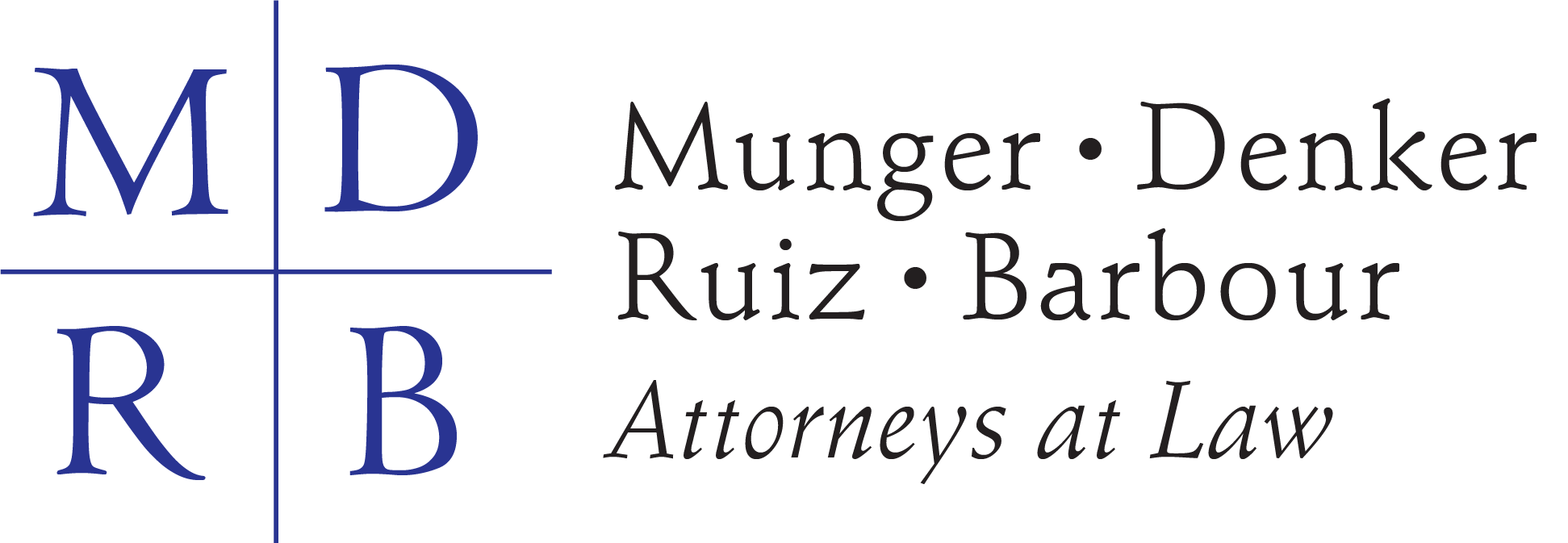
Kalway v. Calabria Ranch HOA, LLC: What Does It Mean for Homeowners in Arizona?
The Arizona Supreme Court, in the case of Kalway v. Calabria Ranch HOA, LLC, 249 Ariz. 201 (2022), has ruled that homeowner associations (HOAs) cannot amend their governing documents to impose new restrictions on homeowners without their consent.
Please click this link if you wish to learn more about Homeowner Associations Law, and how Munger • Denker • Ruiz • Barbour can help you.
The Facts
The Kalway, case involved a homeowner named Maarten Kalway who lived in a community governed by the Calabria Ranch HOA. In 2018, the HOA amended its governing documents to restrict the size of dwellings and the definition of “livestock.” Kalway objected to the amendments, arguing that they violated his rights as a homeowner because he had not been able to vote on the amendments.
The Decision
The Arizona Supreme Court agreed with Kalway, holding that the HOA’s amendments were invalid. The court reasoned that the HOA’s governing documents did not give the HOA the power to amend the documents to impose new restrictions on homeowners. The court also held that the HOA’s amendments were an unconstitutional ex-post-facto law, meaning that they could not be applied to Kalway because Kalway had purchased his home before the amendments were adopted. Ruling that HOAs could not rely on a general amendment power provision in its governing documents to place restrictions on landowners’ use of their land only as to those restrictions for which the HOA’s original declaration had provided sufficient notice.
Conclusion
The Kalway decision is a significant victory for homeowners. It sends a clear message to HOAs that they cannot simply amend their governing documents to impose new restrictions on homeowners without their consent.
The Kalway decision is a reminder that HOAs have limited power to regulate the behavior of homeowners. Homeowners should be aware of their rights and not hesitate to challenge HOAs that violate those rights.
The attorneys at Munger • Denker • Ruiz • Barbour stay up-to-date on all aspects of Homeowners Association Law in Arizona and how it can affect you as a homeowner. For more information please visit our blog post on common HOA disputes. Our attorneys know that your time and money are valuable, and will work to resolve your matter efficiently and effectively, both in and out of court. Click the link below to schedule your consultation today.
Latest Posts
Quiet Title
Normally, it is simple to determine who is the lawful owner of real property: Whoever is listed on the last deed recorded with the county recorder’s...
Quiet Title
Safeguarding Your Interests in Arizona Probate Court
What Is Probate Court? A probate court is one that has authority or jurisdiction over all cases involving wills, trusts, estates, and...



